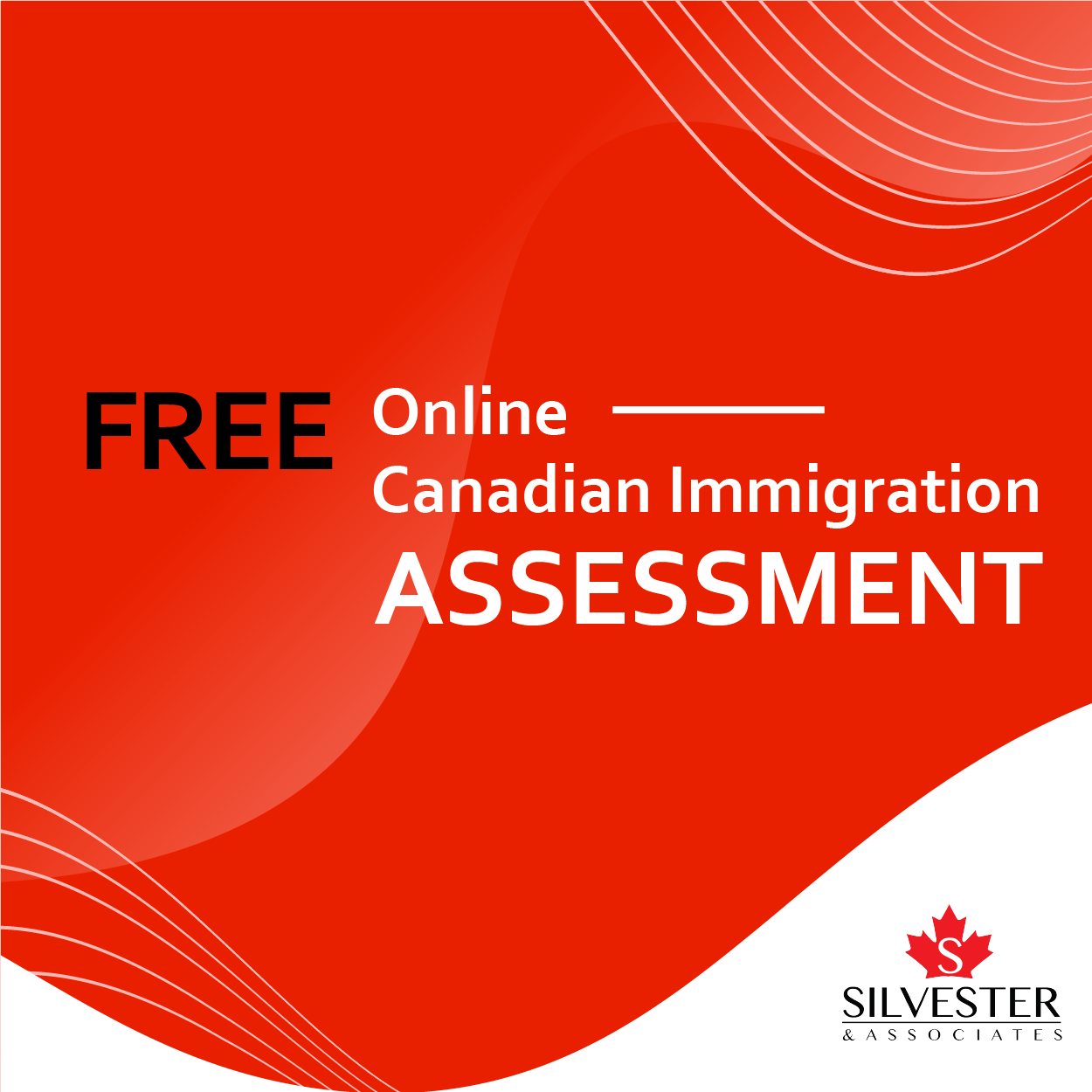The second half year of 2022 saw the resumption of Express Entry draws since 2020.

Express Entry draws resume in 2022
Express Entry is the most popular and fastest immigration pathway for eligible skilled workers designed by the Government of Canada.
Eligible candidates are accepted into the Express Entry pool and are ranked according to the Comprehensive Ranking System (CRS).
Approximately every two weeks, IRCC selects the highest-scoring candidates from the Express Entry pool and provides them with an Invitation to Apply (ITA) for permanent residence (PR).
Since July 6, 2022, IRCC resumed Express Entry draws for Canadian Experience Class, Federal Skilled Worker and Federal Skilled Trades candidates as an effort to combat a chronic labor shortage in Canada.
CRS Scores in 2022
From July to December 2022, there are 11 all-program draws inviting 35,750 qualified candidates to apply for PR.
The CRS on July 6th was the highest score of 557 and invited the lowest number of 1,500 candidates in 2022.
| Date | Immigration program | Invitations issued | CRS Score |
| November 23, 2022 | All programs | 4,750 | 491 |
| November 9, 2022 | All programs | 4,750 | 494 |
| October 26, 2022 | All programs | 4,750 | 496 |
| October 12, 2022 | All programs | 4,250 | 500 |
| September 28, 2022 | All programs | 3,750 | 504 |
| September 14, 2022 | All programs | 3,250 | 510 |
| August 31, 2022 | All programs | 2,750 | 516 |
| August 17, 2022 | All programs | 2,250 | 525 |
| August 3, 2022 | All programs | 2,000 | 533 |
| July 20, 2022 | All programs | 1,750 | 542 |
| July 6, 2022 | All programs | 1,500 | 557 |
Since draws started again, there has been a decline of 66 points over eleven draws, each subsequent draw saw a drop in the minimum score. The first several draws saw declines of between six to eight points. The last three draws saw the smallest drops of between four to two points.

CRS Score distribution of candidates in the Express Entry pool as of November 22, 2022
| CRS score range | Number of candidates |
| 601-1200 | 876 |
| 501-600 | 1,227 |
| 451-500 | 62,400 |
| 491-500 | 3,031 |
| 481-490 | 10,517 |
| 471-480 | 19,494 |
| 461-470 | 16,523 |
| 451-460 | 12,835 |
| 401-450 | 58,357 |
| 441-450 | 12,228 |
| 431-440 | 12,823 |
| 421-430 | 9,896 |
| 411-420 | 11,209 |
| 401-410 | 12,201 |
| 351-400 | 68,489 |
| 301-350 | 35,614 |
| 0-300 | 5,252 |
| Total | 232,215 |
According to the above chart, out of all 232,215 candidates, the lowest number of candidates who applied was found in the highest CRS score range of 601-1200.
The second highest CRS score range is 501-600 with a total number of 1,227 candidates.
The top 3 categories with the highest number of candidates who applied were found in:
| CRS score range | Number of Candidates |
| 351-400 | 68,489 |
| 401-450 | 58,357 |
| 451-500 | 62,400 |
Express Entry Changes in 2023
The introduction of the Training, Education, Experience and Responsibilities (TEER) system
On November 16, the NOC 2016 skill type and skill level structure (NOC 0, A, B, C and D) will be replaced by a 6-category system representing the training, education, experience and responsibilities (TEER) needed to work in an occupation.

The changes to the NOC system support Canada government to expand pathways to permanent residency for temporary workers and international students, as more jobs will become eligible for the programs managed under Express Entry.
Next steps for immigration candidates
The candidates who have not yet submitted an Express Entry profile but plan to do so on or after November 16, 2022 will be required to fill out the profile and submit their occupation’s code by using the NOC 2021 version.
Candidates who have submitted a profile but have not received an Invitation to Apply (ITA) will need to update their submitted Express Entry profile with their TEER category and five-digit occupation code. The ones who got their ITA prior to November 16 must submit their Express Entry application using NOC 2016.
The future of CRS
Bill C-19 became law at the end of June 2022. Under the Bill, the immigration minister now has the authority to invite Express Entry candidates based on an economic need instead of their CRS score as the main criteria.
The minister said although Express Entry already gives Canada a competitive advantage, there is room for improvement.
“Where [the Express Entry system] could be improved is at present if there are particular challenges that your economy is facing, it might be facing in the long term. We don’t have the ability to tailor the invitations to apply to the Express Entry system to meet those in-demand skills or qualifications,” Fraser said.
For example, IRCC could hold an Express Entry draw specifically for health care workers, or even an Express Entry draw for French speakers.

As Canada hits record-high job vacancies, targeting a set of particularly in-demand occupations will be crucial in helping to fill these gaps.
Rather than targeting a homogenous group of FSW candidates with high CRS scores, this new invitation system will help to better respond to Canada’s labour market needs.
In conclusion, IRCC is expected to begin holding draws target toward specific occupations in spring 2023.


